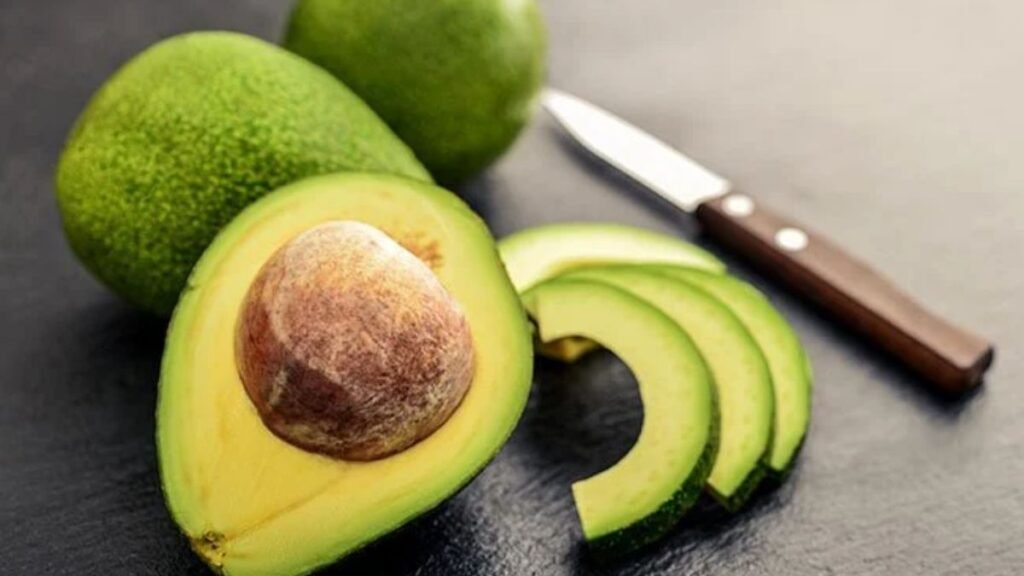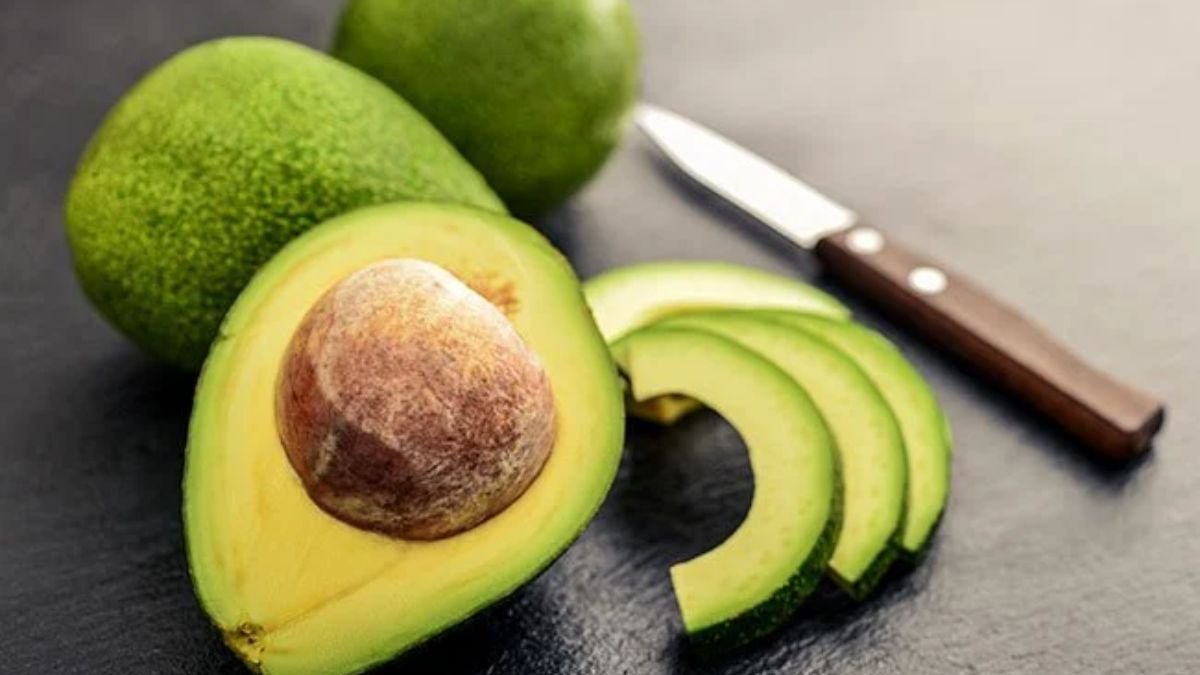Avocados: 5 Amazing Pros and Cons Of This “Healthy” Fruit
Avocado is a popular fruit that is widely consumed around the world for its many health benefits. From its rich, creamy texture to its high levels of healthy fats and nutrients, there is no denying that avocado is a superfood. However, like all foods, there are also some potential downsides to consuming avocado. Here, we will explore the pros and cons of avocado, to help you make an informed decision about whether or not it is right for you.

5 Pros of Avocado:
- Rich in Nutrients: Avocado is an excellent source of nutrients, including fiber, potassium, and vitamins E and K. It also contains a range of other important nutrients, such as folate, iron, and zinc. This makes it a great food for maintaining overall health and wellbeing.
- High in Healthy Fats: Avocado is a good source of monounsaturated and polyunsaturated fats, which are known to be heart-healthy. These types of fats help to lower cholesterol levels, reduce the risk of heart disease, and improve overall cardiovascular health.
- May Help with Weight Loss: Despite being high in fat, avocado can actually help with weight loss. This is because the healthy fats found in avocado are filling and can help to reduce appetite. In addition, avocado is high in fiber, which can also help to promote feelings of fullness.
- Can Help to Lower Blood Pressure: The high levels of potassium found in avocado can help to reduce blood pressure and lower the risk of heart disease. Potassium works to relax the blood vessels, which can help to reduce the strain on the heart and improve circulation.
- May Help to Improve Digestion: Avocado is a good source of fiber, which is essential for healthy digestion. Fiber helps to bulk up the stools, making them easier to pass through the intestines and reducing the risk of constipation.

5 Cons of Avocado:
- High in Calories: Avocado is high in calories, with one serving containing around 234 calories. While this isn’t necessarily a bad thing, it is important to be mindful of portion sizes if you are trying to watch your calorie intake.
- Can Be Expensive: Avocado can be quite expensive, especially if you are buying it out of season. This can make it difficult for some people to incorporate it into their diet on a regular basis.
- May Cause Allergic Reactions: Some people may be allergic to avocado, which can cause symptoms such as hives, swelling, and difficulty breathing. If you have a history of allergies or have experienced allergic reactions to other foods, you may want to be cautious when trying avocado for the first time.
- Can Cause Digestive Issues: While avocado is generally good for digestion, it can also cause digestive issues in some people. This is because avocado is high in fat, which can be difficult for some people to digest. If you have a history of digestive issues, you may want to be cautious when consuming avocado.
- Can Cause Weight Gain: Avocado is high in calories and fat, and eating too much of it can cause weight gain. It is important to monitor your portion sizes and not overindulge on avocado if you are trying to watch your weight.

Overall, avocado is a nutritious and tasty food that can provide a range of health benefits. However, it is important to be mindful of the potential downsides and consume it in moderation. If you have any concerns about consuming avocado, it is always a good idea to speak with a healthcare professional before adding it to your diet.
Follow Bakasur For More !!!

